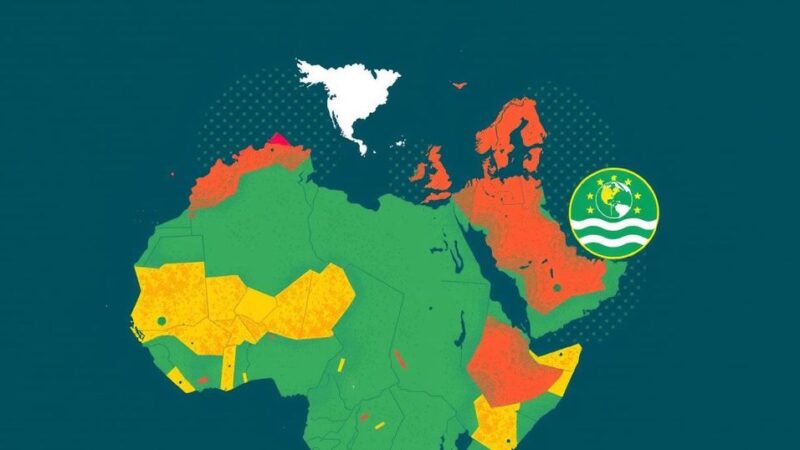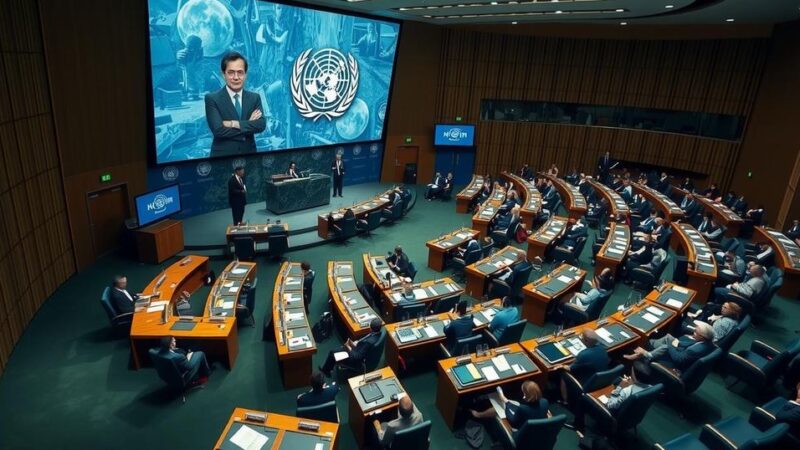COP29 ended with a disappointing agreement that set a new climate finance goal of $300 billion by 2035 but lacked concrete actions against the climate crisis. Civil society remained active despite challenges, and the upcoming COP30 in Brazil brings renewed hopes for meaningful climate action.
The 29th United Nations Conference on Climate Change, COP29, concluded after extensive negotiations, yet the results were disappointing. Known as a ‘finance COP’, the conference was expected to generate meaningful financial commitments to combat climate change; instead, it yielded a meager new annual climate finance goal of $300 billion by 2035. The final agreement fell short, lacking substantial commitment to carbon markets and climate action, and the omission of the Make Polluters Pay principle disheartened various stakeholders within the civil society.
While COP29 did not deliver on crucial promises, the activism displayed in Baku showcased the determination of civil society groups, who creatively found ways to voice their demands despite restrictive conditions. Looking ahead, COP30 presents an opportunity for renewed commitment to climate action, particularly in the context of climate justice, which requires adequate funding for those most vulnerable to climate impacts. The future demands not merely financial compensation for losses but proactive measures for adaptation, mitigation, and an end to fossil fuel consumption.
COP29 was a significant international event intended to build upon the commitments made in previous conferences including COP28, aimed primarily at addressing climate finance, which is essential for developing countries facing severe climate impacts. The meeting took place in Baku, Azerbaijan, where delegates were anticipated to forge strong financial agreements. However, the outcomes failed to meet established expectations, revealing loopholes and a lack of urgency necessary to combat climate change effectively. The conference represented a critical moment in the ongoing dialogue surrounding international climate policy, financial responsibilities, and the roles of individual nations in combating environmental degradation.
The outcome of COP29 has revealed the inadequacies in the international response to climate change, demonstrating the urgent need for enhanced financial support for vulnerable communities and robust climate action. Although the agreement from Baku has disappointed many, the resilience and activism of civil society indicate a collective readiness to advocate for more ambitious climate solutions. As COP30 approaches in Belem, Brazil, there remains hope for significant advancements in climate justice and comprehensive financial frameworks necessary for a sustainable future.
Original Source: www.greenpeace.org






